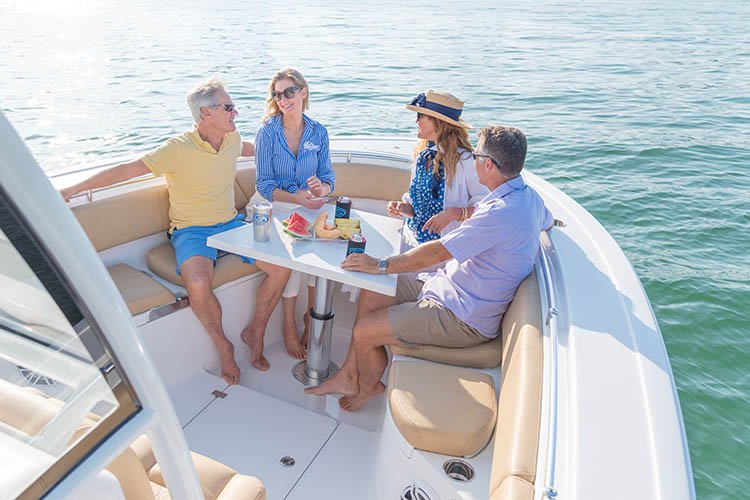The recent climate change patterns demand many adjustments. From how we utilize resources to the survival skills we need to acquire, there is so much going on that it may take work to keep up. If you enjoy the outdoors, consider taking up boating, not only as a hobby but also as a skill. Boating qualifies as a life-saving skill if you live in a high flood-risk area. While staying away from such areas is essential, learning how to protect yourself is equally important. Here is how you can prepare yourself for a boating emergency.
Avoid High Flood Risk Areas
Human-caused global warming is the primary cause of the rising sea levels. Glaciers are melting faster than a decade ago due to warmer temperatures, thus expanding sea waters. Consequently, areas closer to water bodies possess a higher flood risk. However, flood zones are constantly being updated. According to several reports, approximately 25% of flood damage occurs in areas previously not considered high-risk areas.
If you are constantly worried about your area’s flooding potential, you can protect your property or business by purchasing flood insurance to complement your homeowner’s insurance. If it has not crossed your mind, you should do some research, especially with rainfall’s ever-changing intensity and duration. Similarly, always watch out for the weather forecast while planning a boating excursion.
Do Not Boat Alone
Two heads are better than one, especially during a crisis. If you decide to go boating, ensure at least one person on the boat knows what to do during an emergency. Having an extra helping hand is also crucial in case of anything. For example, if your boat starts seeping in water, you will want one person on the paddles as the other tries to remove the accumulating water. It is easier to take action with an extra hand onboard.

Carry Suitable Protective Gear
According to a report released by the Nebraska Department of Health & Human Services, natural water drownings accounted for a third of deaths from unintentional drowning. Over 80% of the victims were not wearing life jackets. Whether you are a professional in the business or an amateur at boating, always insist on wearing a life jacket.
Also, ensure that everyone on board wears a properly fitted jacket, as a loose one could be ineffective. A life jacket is meant to help you stay afloat by keeping your head above water and protect you from hypothermia. Note that different types of personal floatation devices are usually categorized into five classes – type I to type V. Other protective gear useful during a boating emergency include a noise-making device like a whistle, a first aid kit, safety kits, skier-down flags, an emergency stop switch, and a fire extinguisher.
Boat Sober
Do not drink and boat! Unfortunately, alcohol is a major cause of fatal boating accidents. Several states in the US prohibit drinking and boating. However, the laws and statutes do not entirely prohibit alcohol on vessels. For example, although drinking and boating are illegal in Texas, it is legal to have open cans and bottles of alcohol on a boat. However, it is crucial to ensure the operator always remains sober.
Get a Professional Vessel Safety Check
Vessel safety checks are a crucial part of maintenance to ensure your boat is safe. An annual check should guarantee everyone’s safety on the boat. However, the check frequency primarily depends on how active your boat is. You can seek free vessel safety checks from the US Power Squadron or the US Coast Guard Auxiliary to save the additional expense. The examiners provide all the important safety information and ensure your equipment is in order. They will also check your docking area, especially if you have a boat home. The professional may also give you the right leads to boat lifts, which greatly protect you and the boat. According to Lake Homes Realty, these essential equipment can range between $5,000 to $10,000.
Safety practices while boating could significantly save lives or your business. You can improve your safety and that of others by taking on a safety course from a certified institution. For the time being, these tips should lower the potential of drowning or getting hurt in the event of a boating accident.

